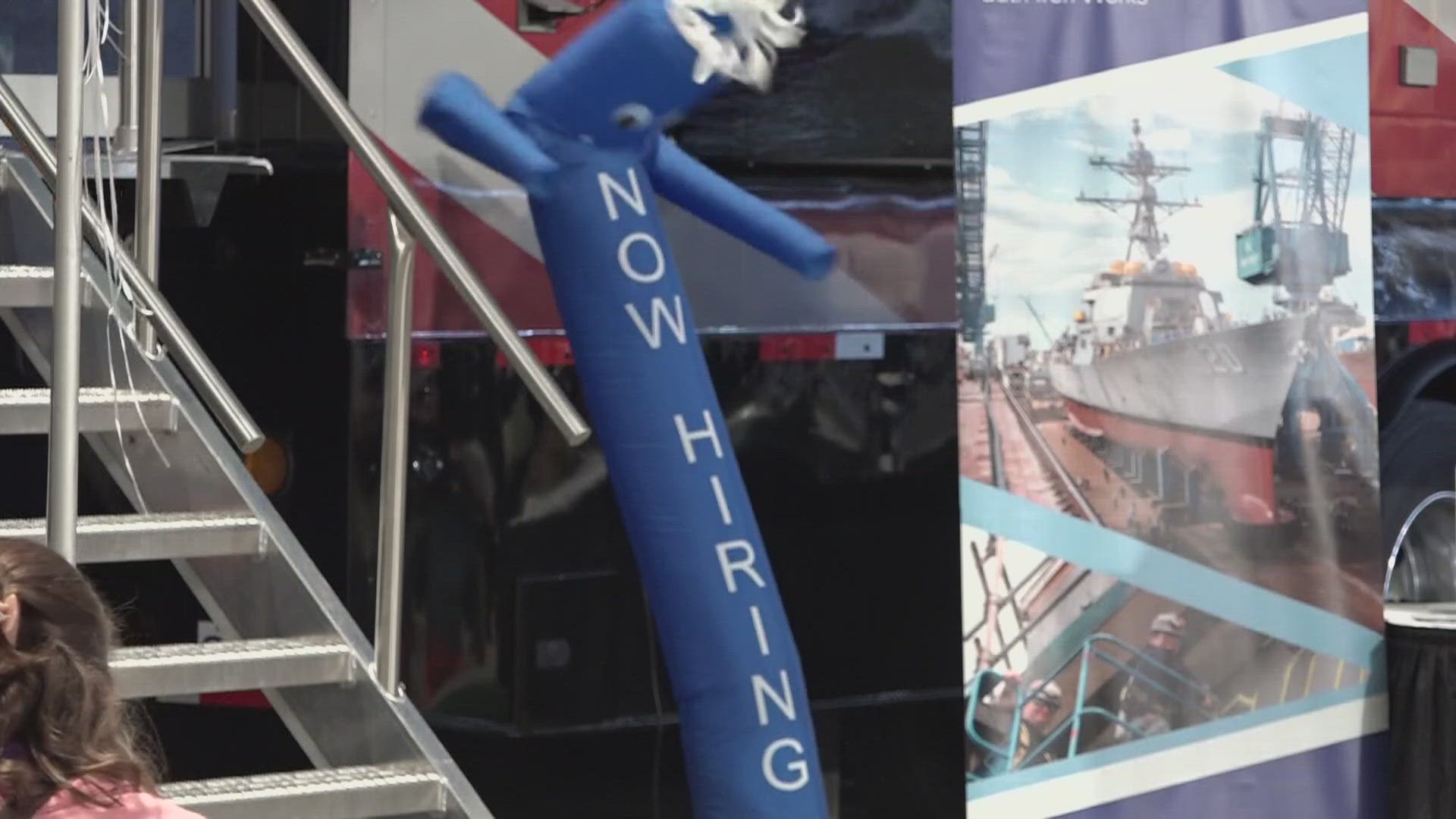WASHINGTON — The Supreme Court Friday struck down a challenge by conservative-led states to the Biden administration's enforcement of illegal migration across the country's southern border, concluding that the states did not have standing to challenge the policy in the first place.
The 8-1 Supreme Court decision was issued by Justice Brett Kavanaugh, allowing the Biden administration's immigration policy to be enacted at the border. Justice Samuel Alito was the lone dissent, although judges Amy Coney Barrett and Neil Gorsuch both issued their own separate concurrent opinions alongisde the majority decision.
The justices rejected a challenge from Republican-led states to a policy that, the administration said, recognizes that there is not enough money or manpower to deport all 11 million or so people who are in the United States illegally.
The states had argued that federal immigration law requires authorities to detain and deport even those who pose little or no risk.
The lawsuit, United States v. Texas, revolved around a 2021 policy enacted by President Joe Biden shortly after he entered office. His administration directed the U.S. Customs and Border Patrol and Immigration and Customs Enforcement, or ICE, agents to stop all deportations except when the person posed a threat to national security, public safety or border security.
Texas filed a lawsuit shortly after, and a judge ordered a restraining order that temporarily stopped the policy. Texas then dismissed its initial lawsuit and filed a new one alongside Louisiana when the Biden administration revised the new guidelines.
As the Biden administration continued to revise the guidelines throughout 2021 and 2022, the case made its way through the courts, finally ending on the Supreme Court's docket.
In his majority opinion, Kavanaugh said the case was complicated in part because there was no precedence for what the states were asking the court to do.
"The States have not cited any precedent, history, or tradition of courts ordering the Executive Branch to change its arrest or prosecution policies so that the Executive Branch makes more arrests or initiates more prosecutions," he wrote.
Despite this, he said the ruling was not meant to prevent federal courts from taking on cases involving the executive branch's criminal justice policies.
"We do not suggest that federal courts may never entertain cases involving the Executive Branch's alleged failure to make more arrests or bring more prosecutions," he wrote.



